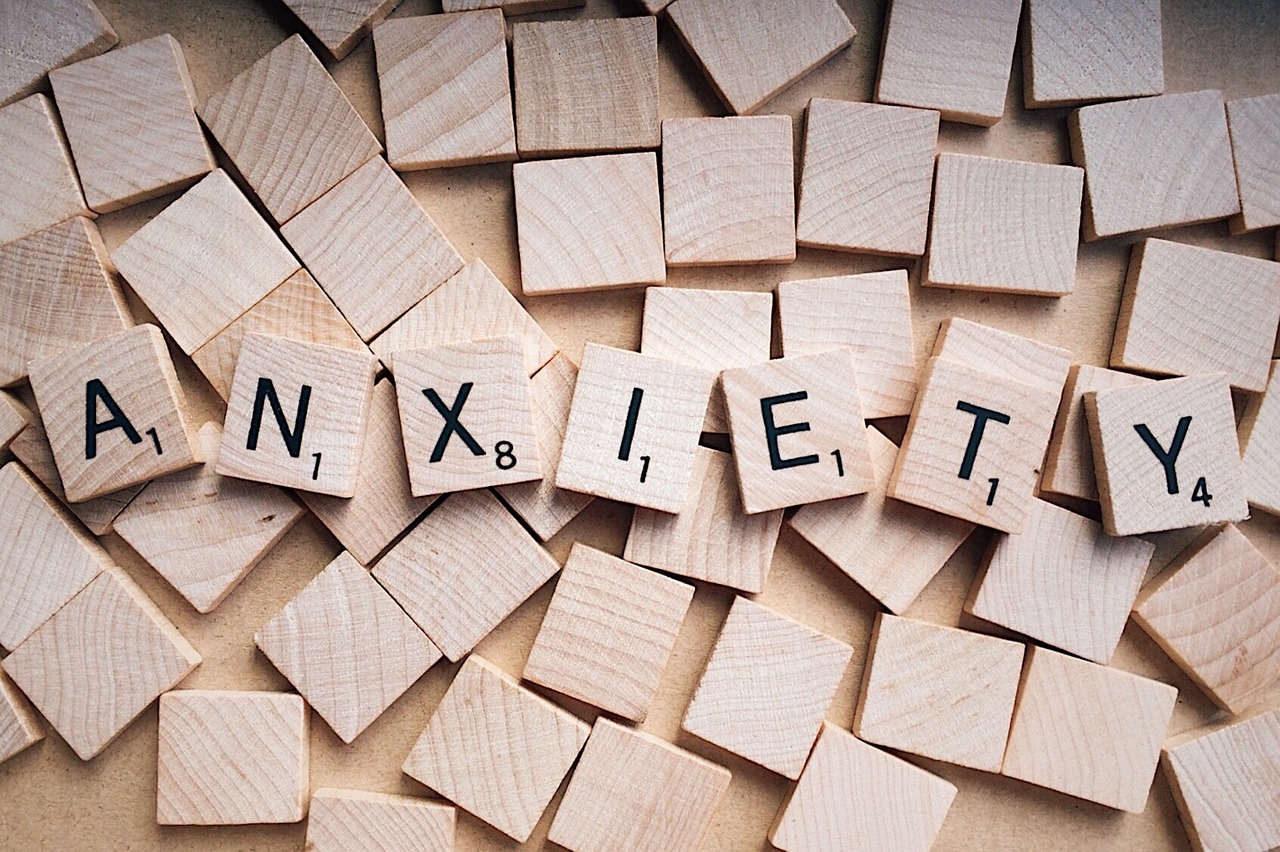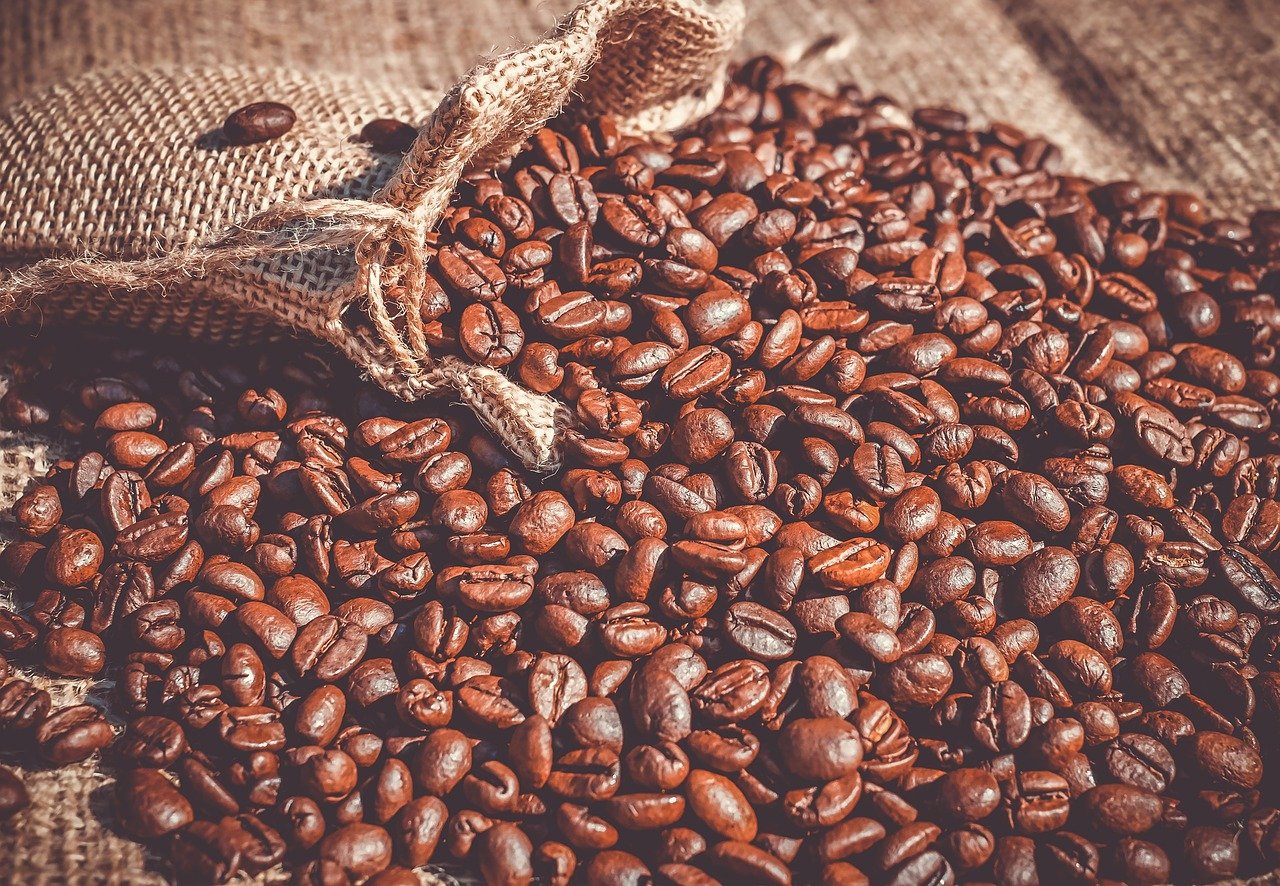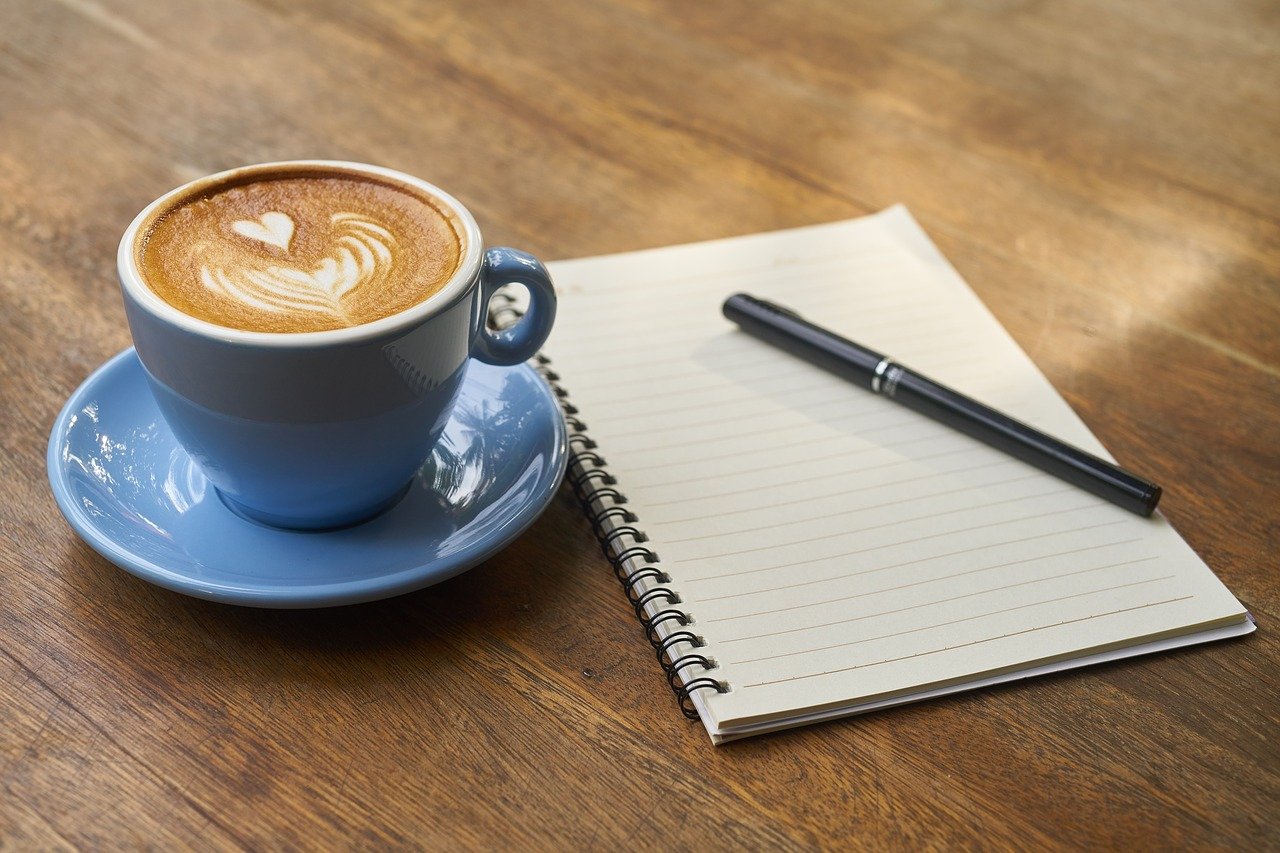By Suzanne Doad, MS, RD, LDN
I had never been a coffee drinker until graduate school, which was when my morning cup of tea could no longer get me from Charlotte to Greensboro, an 85 mile commute, in an alert state. I needed something stronger. This is where my relationship with coffee began. I would sip on a large carafe on my drive to school, then follow it up with several cups of tea throughout the day.
I like to joke that I picked up the wrong person’s cup of coffee when I was young. My mom never put sugar in hers, and my grandma’s was coffee-flavored, sweetened milk. Both of my brothers have had a taste for coffee from a young age. Guess who got a hold of whose coffee?
Not too long ago I started an experiment: to wean myself off of what had become nearly a full French press of coffee in the morning! Yes, it took that much caffeine to get me going in the morning and an afternoon tea or two to sustain me through the rest of the day. While I was able to remain alert throughout the day for the most part, in the evening I had a “tired and wired” feeling.
For several months I had been struggling with chronic fatigue and on my most recent thyroid evaluation, my numbers were out of the “normal range” for the first time in years. My cortisol levels were high as well. I had already worked on my sleep schedule, was optimizing nutrition and correcting deficiencies that had stemmed from GI issues, and had adopted a regular physical activity routine. Something else had to give.
This is when I quit my morning French press full of coffee and replaced it with a cup of Earl Grey. Instead of highly caffeinated beverages, I opted for an occasional green tea in the afternoon. It was agonizing the first 1-2 weeks; I had a lot of difficulty getting started in the morning and the days seemed to drag on. Caffeine had become my vice and I knew that reducing my intake needed to be done.
It took a few weeks to complete the transition, but now I feel like my body has adjusted well. I’ve noticed improved sleep quality and I’m not consistently waking up tired in the morning despite sufficient sleep. My energy throughout the day is improved, and I’m finding that many days I don’t even need an afternoon pick-me-up. Perhaps I will try a switch to herbal tea…perhaps.
I share this experience hoping that it helps someone else out there who may be experiencing similar problems. Continue reading to learn more about how caffeine affects the adrenals and thyroid hormones.

Caffeine is a stimulant, and a powerful one at that. Genetics and your ability to metabolize it affect your sensitivity to it. Caffeine increases the adrenal glands’ production of cortisol, the hormone commonly associated with the “fight or flight” response in the body. This is why many people can experience “jitters” from coffee, or an increased feeling of anxiety. Also consider that cortisol is constantly elevated in many due to an ever-present state of stress.
The average half-life of caffeine is 6 hours, making the average quarter life 12 hours. This means that 6 hours after you consume caffeine half of it is still coursing through your system; at 12 hours, a quarter of it. If you consume caffeine multiple times, you have it in your system throughout the day, and likely into the night.
The body’s hormone systems are interconnected, and imbalances in one area often affect others. When the body over-produces cortisol, it borrows substances that would otherwise be used for the production of different hormones, such as estrogen and progesterone.
Overproduction of cortisol as influenced by caffeine intake, among other lifestyle factors, can influence the thyroid in 2 ways. First by decreasing TSH (thyroid-stimulating hormone), which is responsible for telling your thyroid to make more hormone. Second, by increasing rT3 (reverse T3), an inactive hormone also known as the “thyroid brake.” Both of these effects lead to decreased thyroid function.
Knowing the impact excessive caffeine can have on thyroid function, you may want to consider decreasing your intake by limiting the number of cups your have each day or switching to less-caffeinated beverages. Below is a list of common beverages and their caffeine content per 8 ounces. Note that factors such as brew time affect the caffeine content of a beverage.
| Beverage | Amount of Caffeine/8 oz |
| Coffee | 96 mg |
| Matcha Tea | 70 mg |
| Black Tea | 47 mg |
| Green Tea | 28 mg |
| Decaf Coffee | 2 mg |
| Decaf Tea | 2 mg |
| Most Herbal Teas | minimal to no caffeine |

